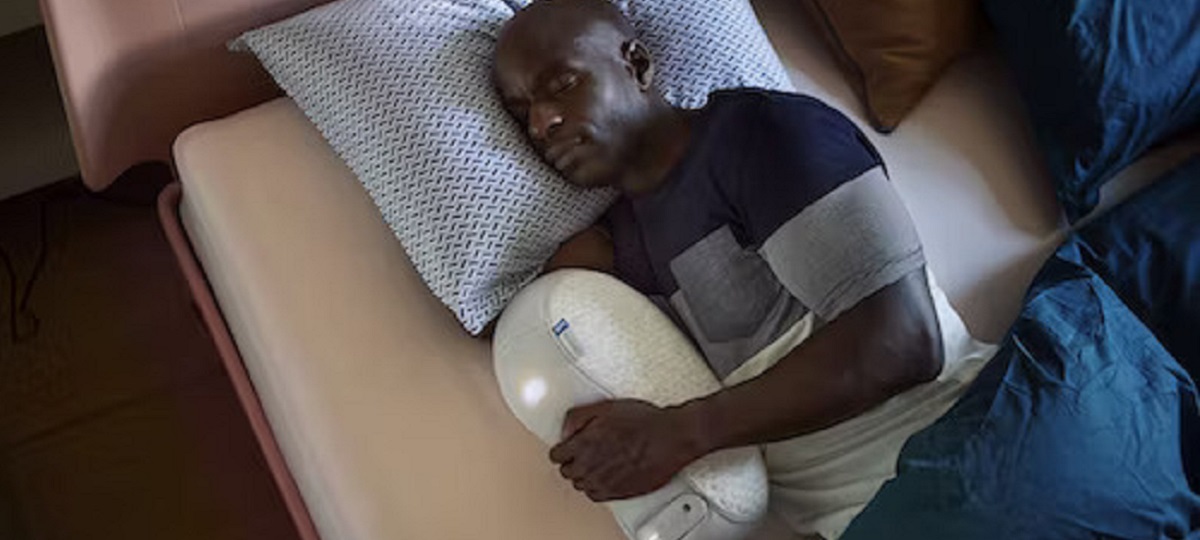Over the world, millions of individuals suffer with insomnia, a prevalent sleep condition. Inability to get asleep, stay asleep, or have non-restorative sleep are its defining characteristics. Daytime tiredness, agitation, and trouble focusing can result from insomnia, which can lower productivity and negatively affect one’s general quality of life. First-line treatments often involve lifestyle modifications and behavioral therapy; but, in certain instances, medication—trazodone, for example—may be required.
What is Trazodone?
The main purpose of the drug trazodone is to treat depression. Because of its sedative properties, it is sometimes given off-label to treat insomnia. Trazodone is a member of the class of drugs called SARIs, or serotonin antagonist and reuptake inhibitors. It functions by raising serotonin levels in the brain, a neurotransmitter that controls mood and sleep.
How Does Trazodone Help with Insomnia?
Because of its sedative qualities, trazodone works well to assist patients with insomnia get to sleep and remain asleep longer. When taken as directed, trazoodone is less likely to cause dependency or withdrawal symptoms than certain other sleep aids. It does, however, have potential dangers and adverse effects, just like other drugs.
Effectiveness of Trazodone for Insomnia
Research has indicated that Trazodone may be useful in helping those with insomnia get better sleep. Comparing trazodone to a placebo, a meta-analysis published in the Journal of Clinical Psychopharmacology in 2015 revealed a substantial improvement in both total sleep duration and sleep efficiency. To completely grasp its long-term efficacy and safety for treating insomnia, additional study is necessary.
Dosage and Administration
Trazodone is typically taken orally in tablet form. The dosage for insomnia is lower than that used for depression, usually starting at 25-50 mg taken at bedtime, with the potential to increase to 100-150 mg if needed. It’s important to follow your healthcare provider’s instructions carefully when taking Trazodone, as taking too much can lead to serious side effects.
Side Effects of Trazodone
As with many drugs, trazodone may have adverse effects. Drowsiness, lightheadedness, dry mouth, and impaired eyesight are typical side effects. Usually minor at first, these side effects get better as your body gets used to the medicine. But it’s crucial to get in touch with your doctor if you have any serious or enduring adverse effects.
Precautions and Considerations
Before taking Trazodone, it’s important to discuss your medical history with your healthcare provider, especially if you have a history of heart disease, liver or kidney disease, or a seizure disorder. Trazodone may not be suitable for everyone, so it’s essential to have a thorough discussion with your healthcare provider to determine if it’s the right treatment option for you.
Drug Interactions
Trazodone can interact with other medications, including antidepressants, antifungal medications, and certain antibiotics. It’s important to inform your healthcare provider about all the medications you are taking, including prescription, over-the-counter, and herbal supplements, to avoid potential interactions.
Trazodone vs. Other Sleep Medications
Trazodone is often preferred over other sleep medications, such as benzodiazepines and non-benzodiazepine hypnotics, due to its lower risk of dependence and withdrawal. However, each person may respond differently to medications, so it’s essential to work closely with your healthcare provider to find the most effective and safest treatment for your insomnia.
Conclusion
Trazodone is a medication that can be effective in treating insomnia, particularly for people who have not found relief with other treatments. It is generally well-tolerated and has a lower risk of dependence compared to some other sleep medications. However, like all medications, it carries some risks and side effects, so it’s essential to use it under the guidance of a healthcare provider. If you are struggling with insomnia, talk to your healthcare provider to see if Trazodone may be a suitable treatment option for you.
